Table of contents
- LESSONS I LEARNED FROM MY FAILED INTERVIEW
- Conduct In-depth research about the company before/after the job application.
- Learn to be calm
- Ensure you have your notepad and pen during the interview
- Never Interrupt your interviewer
- Be open-minded to asking questions
- Avoid watching different Interview preparation YouTube videos
- Was I happy I failed this Interview?
- Conclusion
Hi, my name is Esosa, and I'm a technical writer. I love writing, and I decided at the beginning of this year to transition into tech as a technical writer. Making that decision was the first step to my growth, but putting in the work was another bumpy step that I'm still on. It's slow progress, but it's definitely progress.
I am confident to say I have grown so well as a writer and a Technical writer. So, I finally took the bold step to actually start applying for a Technical writing internship position which I believe will help me grow better when I have the work experience.
Tech is really wide and applying for an internship position is also a chore. For example, On LinkedIn under a particular job post, you would see over 100 applicants already then you are left with so much self-doubt/imposter syndrome if you should go ahead to apply or if you will be chosen at all or if you are good enough for the job.
I finally stumbled on a "Technical writer internship position" with fewer applicants or let me say I just happened to be online when this job vacancy was posted on LinkedIn because after I applied I returned back to that same position and saw over 200 applicants and I immediately closed the tab on my phone so I don't start doubting myself.
When I got a mail that I have been shortlisted for a virtual interview with the stated time and date, I was surprised. I didn't expect it so I was so nervous. I put in so much work to prepare for this interview, or so I thought.
It was time for the interview and I believed I was ready but during the interview, I realized I wasn't ready enough the interviewer didn't make me feel uncomfortable because at the end he said "I am certain this is your first interview for this position and I am sure you have a learned a lot and will put these lessons for future interviews. I wish you Good luck". Even though this was a failed interview, I wasn't upset. Instead, I smiled and said thank you and I really learned a lot from this interview.
In this article, I will share some of the lessons I learned from this failed interview with the hope that these tips will guide other Techies to be better prepared for your next interview.
LESSONS I LEARNED FROM MY FAILED INTERVIEW
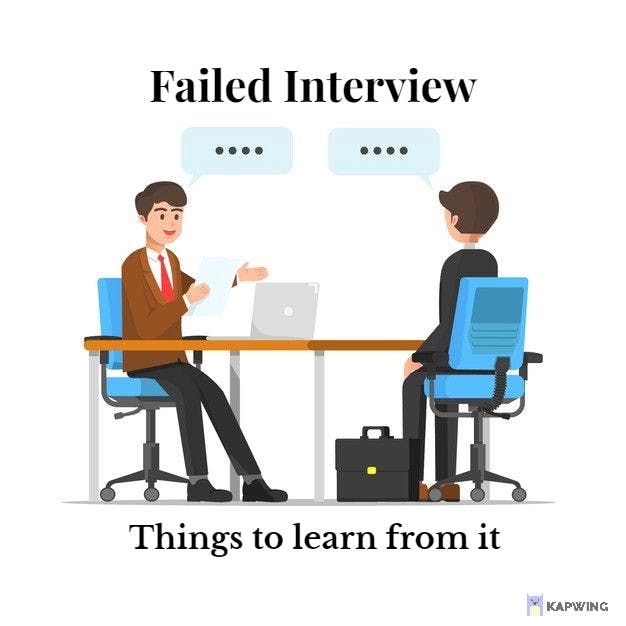
Some of the lessons are learned from my failed interview are:
Conduct In-depth research about the company before/after the job application.

Techies often believe that they will be interviewed solely on the basis of their skills, which is partially correct, but there is no way you will not make the extra effort to learn about the company you want to work for. The majority of interviewers ask questions such as "Have you heard anything about this company? Why did you choose to apply for this position with us? What do you think this company stands for? "etc. These questions can only be answered if you have done your research on the company to which you have applied.
During my interview, I was dumbfounded when these questions were asked because I wasn't expecting such questions. I tried to be smart by giving a generalized answer, but I was really struggling to make sense because I didn't know anything about their company. Well, I learned my lesson after this.
Learn to be calm
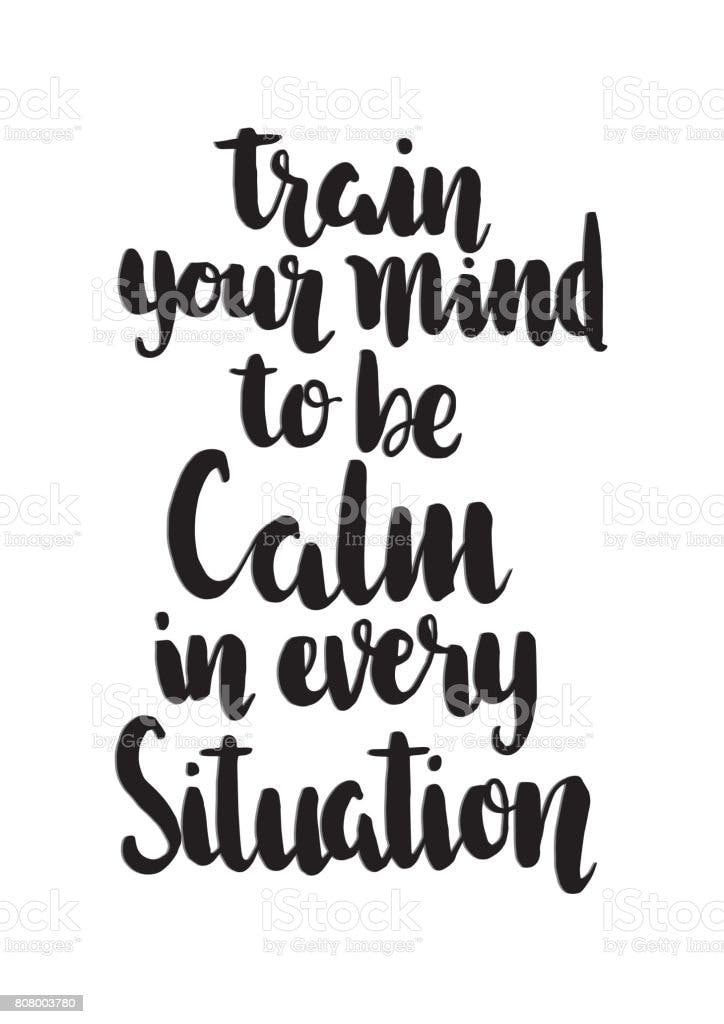
This is unquestionably the most important thing to learn when preparing for an interview. Most interviewers can tell whether you are nervous or calm, either virtually or physically. During my interview, it was obvious that I wasn't calm; I was so nervous that the interviewer could see right through me, which destabilized me throughout the process and made it difficult for me to answer questions correctly.
It is okay to have interview jitters but you should always learn to breathe, be confident, and calm.
Ensure you have your notepad and pen during the interview
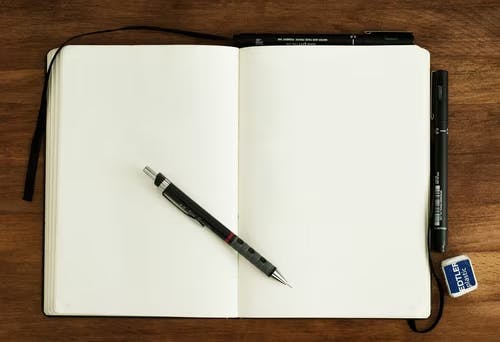
Like my interviewer said, "Interviews are like university lectures where you carry your notepad and pen to jot down important points". During my interview, I was so unprepared that I forgot my notepad and pen and it was a shock when my interviewer asked about them. In my mind, I was like "what do I need a notepad and a pen for? It is just a Tech interview". I can confidently say when I brought out my notepad and pen I was able to jot down a lot, mostly every bullet point in this article came from my jottings in my notepad during the interview.
It is okay to note that you might not need them but just be with them during your interview and avoid having to be asked about your notepad and pen because it can make you look unserious and unprepared.
Never Interrupt your interviewer
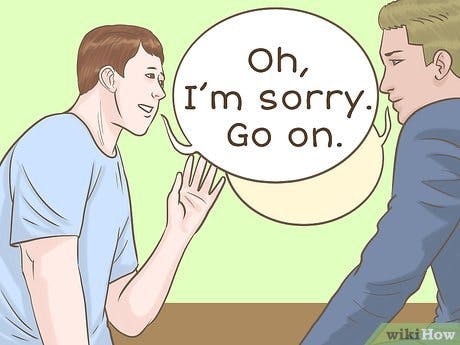
One thing I've learned about interviews is that they follow a specific procedure. It's as if you're receiving lectures, and we all know we're just supposed to listen, and you obviously can't interrupt your lecturer. You can only interrupt your lecturer when he says, "If you don't understand what I said, ask your questions."
The same procedure is followed during interviews. I know you have one or two things to say, but please be patient and wait until you are asked, "Do you have any questions?" During my interview, I kept interrupting the interviewer, and I realized that this also demonstrated to my interviewer that I was unprepared.
Learn to talk when it's needed and even if you want to interrupt please do that politely.
Be open-minded to asking questions

Tech is a career path that requires you to always ask "why?" Every techie should be curious enough to ask questions during your interview. Every interview definitely ends with "Do you have any questions for me?".
This is one of the reasons why you need your notepad and pen because during the course of the interview the interviewer could have said something you were not clear about and this is when you will ask your questions. I believe when you are attentive, I am certain there will be one or two questions you will have to ask your interviewer.
In addition, asking questions can give you an advantage in your interview because it allows you to converse with your interviewer. During my interview, I just wanted it to be over, so I said, "No, I don't have any questions." After this incident, I realized that no matter how bad the interview goes, it is still okay to ask questions, and most of these questions can help you prepare for future interviews.
Avoid watching different Interview preparation YouTube videos
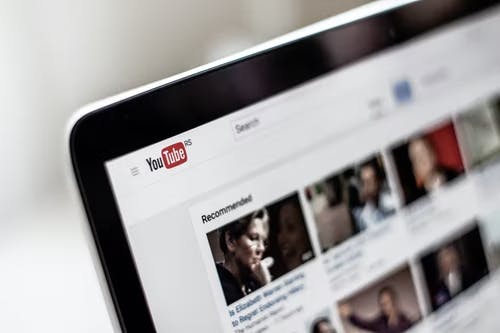
One mistake I made was watching a lot of YouTube videos, and for some reason, there were so many of them that it made me nervous because the moment I finished watching one video and opened another, I saw something I didn't know about before. For example, the first video I watched discussed "3 tips for interview preparation," and the next notification that appeared on my screen discussed "5 tips for interview preparation," and so on.
So it was as if the more I watched, the more notifications of much tips to learn popped up, which made me very anxious because for each video I watched, I thought I was done knowing what to do, but then I start to get anxious when I realize there is more.
YouTube videos can be useful for learning one or two things, but don't waste your time watching every video that pops up. It is fine to limit yourself to one or two video tips because, at the end of the day, they all say the same thing but in different ways, which confuses you.
Every developer watches videos for directions on how to code but most of them stick to one or two YouTube content creators to avoid being more confused.
Was I happy I failed this Interview?
Well, it is a "Yes" and "No" answer. Why?
- "Yes" - Because if I didn't fail this interview I definitely won't have learned the many tips that I am sharing with you right now. I have been able to build myself better for more successful interviews in the future.
- "No" - I definitely anticipated a technical writer internship paid position as much as I was unprepared I really wanted this internship to really grow and build a work experience in this career path. Trust me when I say this failed interview was a massive growth for me.
Conclusion
There's an old adage that says "there's always something good to be learned from a bad experience". Well, I learned mine from a failed interview, and I got a few tips from it that have helped me grow and taught me how to handle future interviews better.
